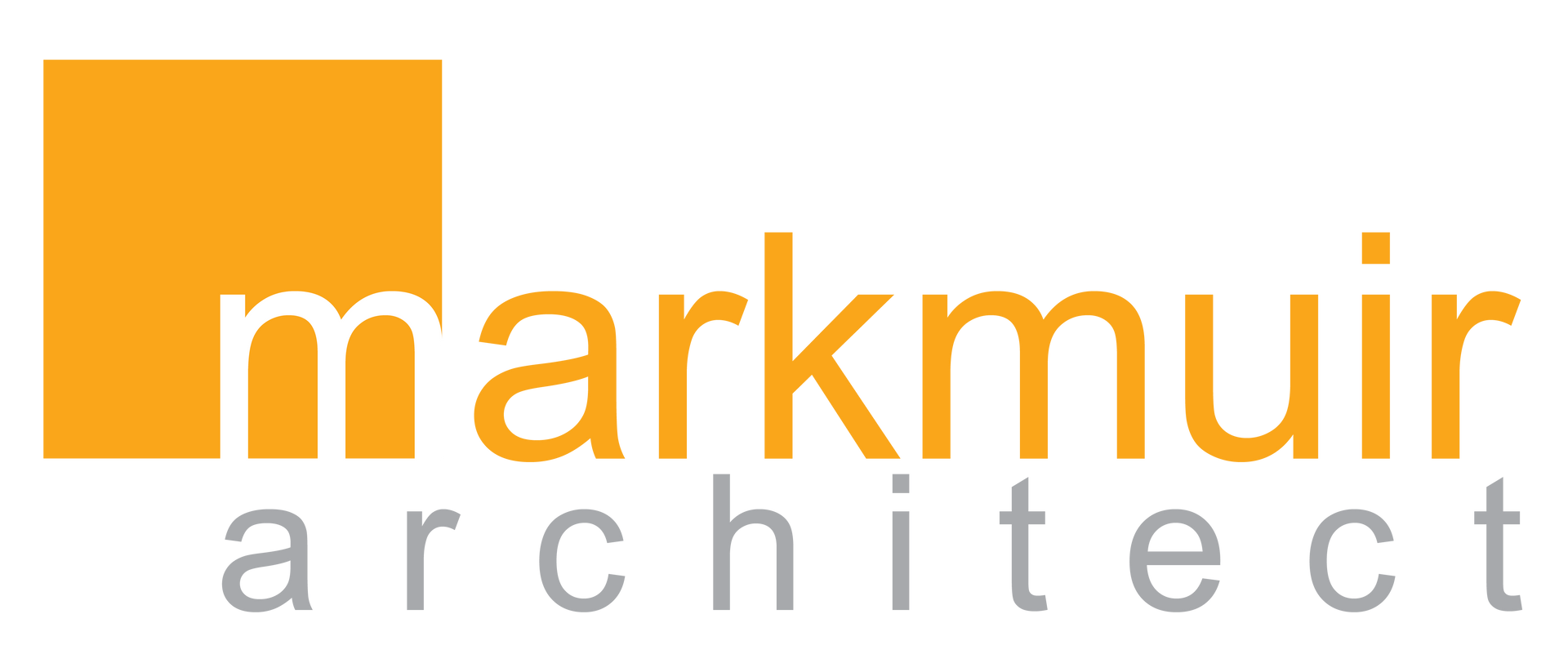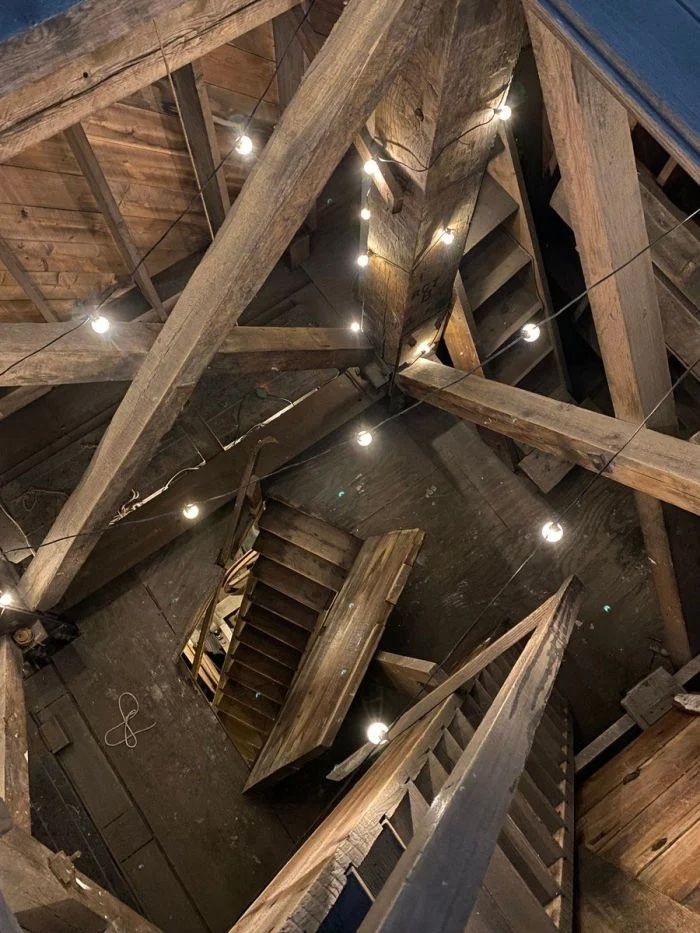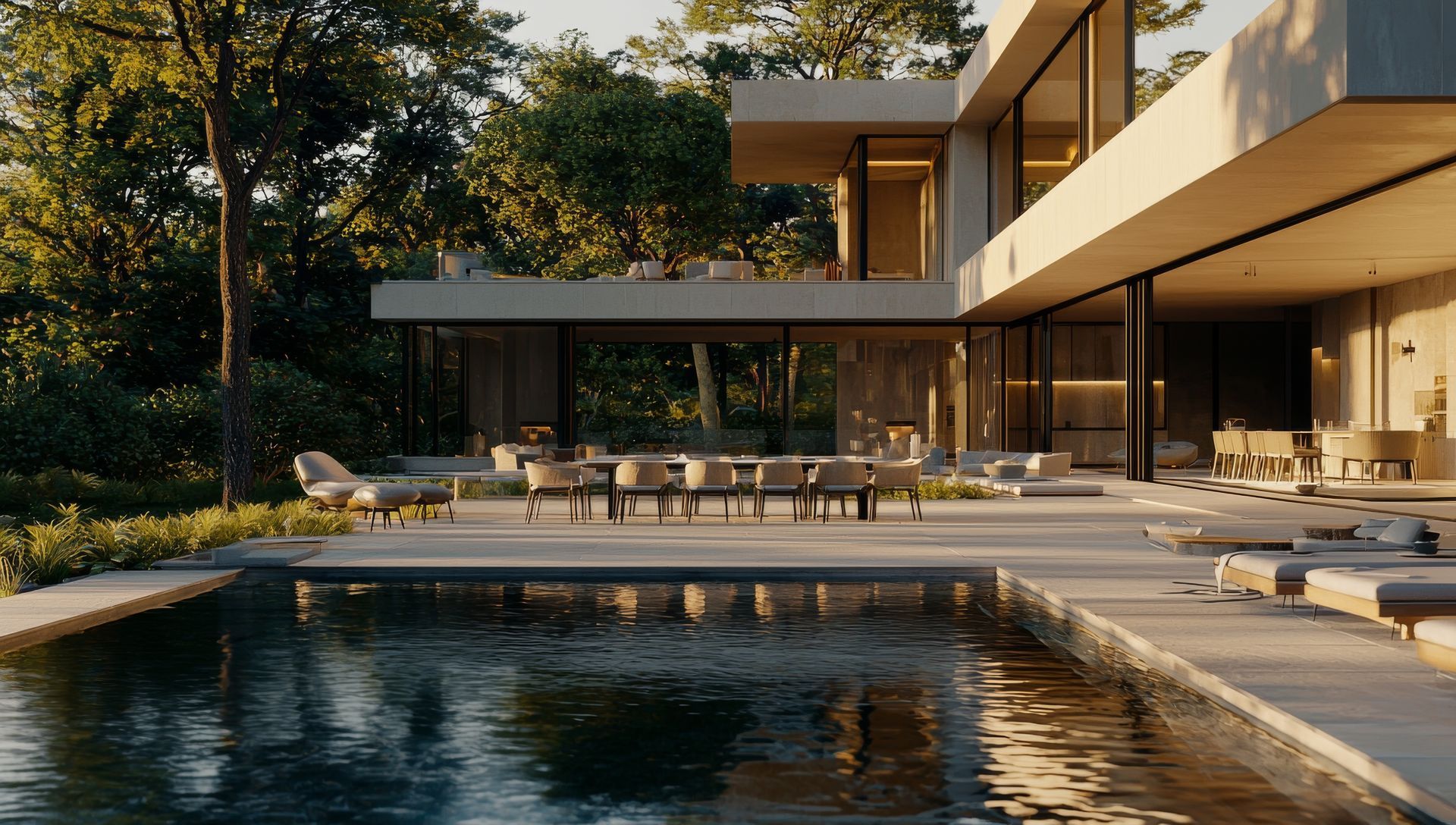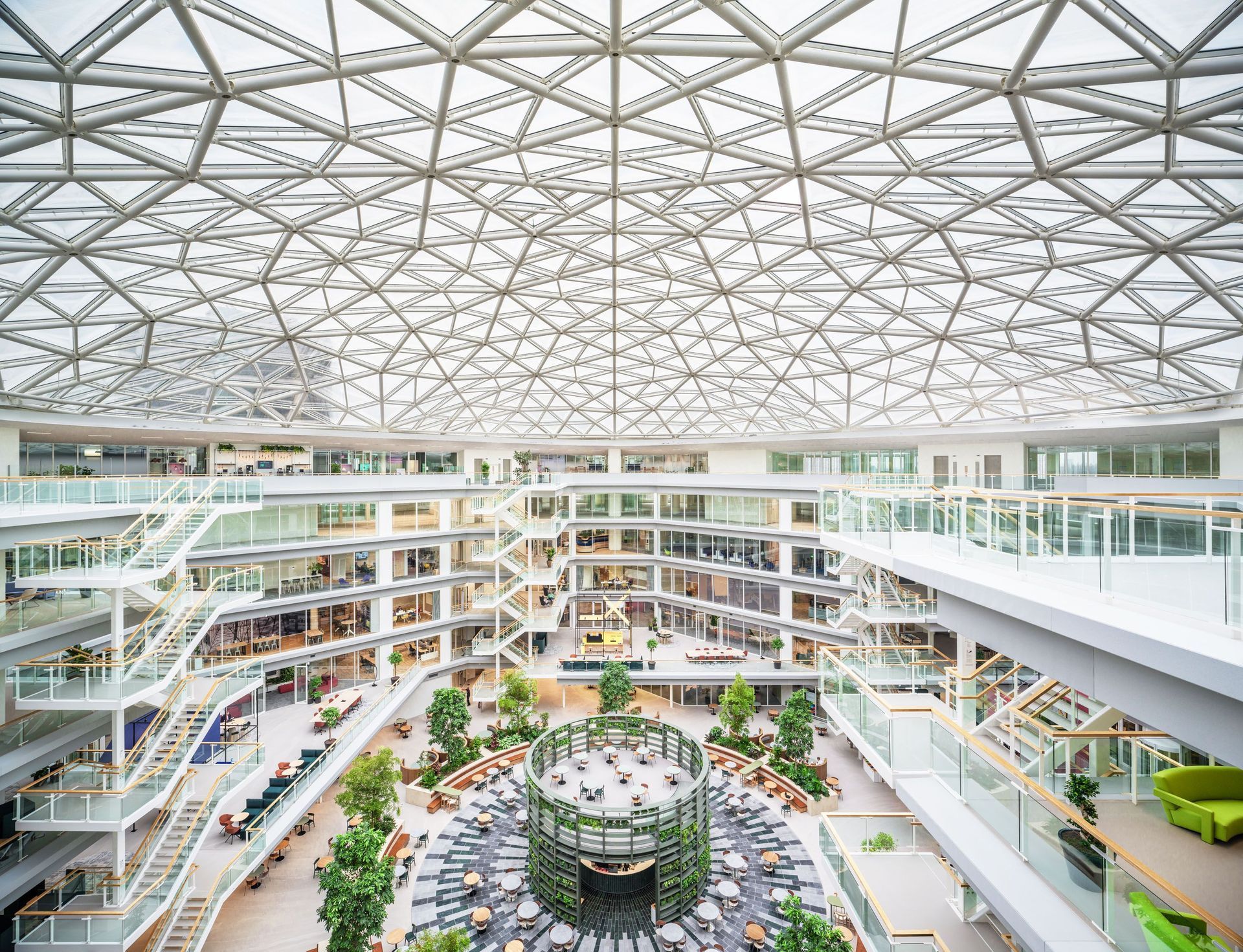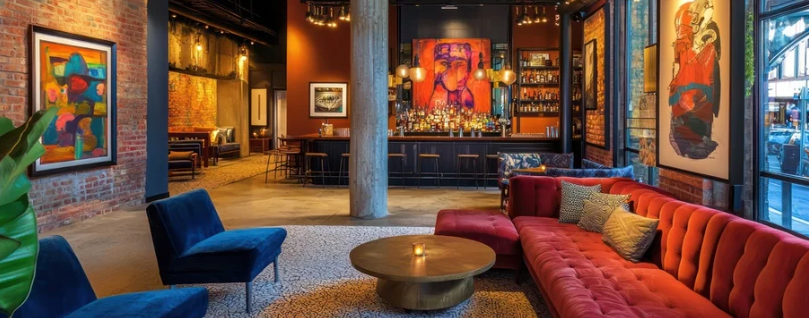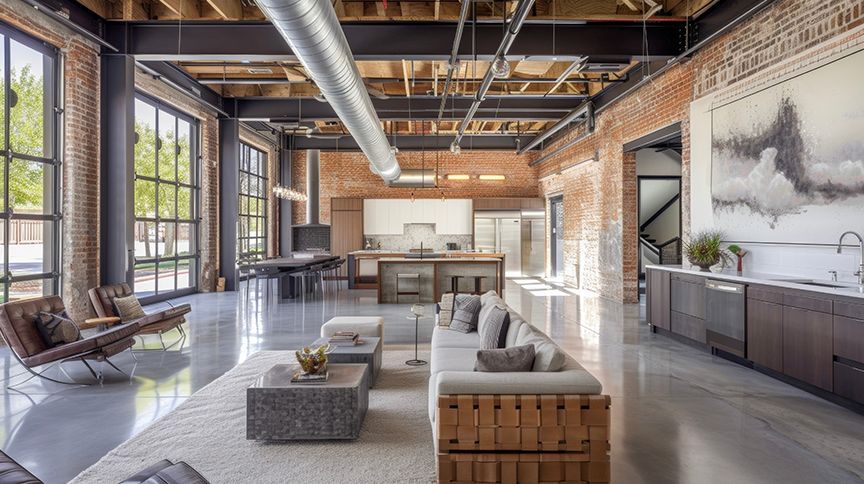Whats Hot In Sustainability 2024
1. Adopting A Circular Economy
You might be hearing different headlines given that its an election year, and Ive posted about this approach many times before but it really should be up in the top three!
Those of us architects, with an Environmental conscious, are increasingly turning to adaptive reuse and circular design principles. This means, rather than demolishing old structures, we are exploring new ways to repurpose existing buildings. This type of ‘circular design’ emphasises the use of sustainable materials and helps to minimise waste throughout the lifecycle of a building - the principles of a circular economy holds the key to a sustainable future.
This paradigm shift challenges traditional linear models by promoting resource efficiency, waste reduction, and closed-loop systems. However, the journey towards a circular economy is not without its obstacles.
One significant challenge is the need for a comprehensive shift in consumer behaviour. Overcoming ingrained patterns of disposable consumption requires education and awareness. Additionally, industries must navigate the complexities of redesigning supply chains and production processes to minimise waste.
Another hurdle is the current economic system that often incentivises the linear "take, make, dispose" approach. Transitioning to circularity demands policy changes, financial incentives, and a supportive regulatory environment. The balancing act between economic growth and sustainable practices poses a delicate challenge.
Despite these hurdles, the rewards of a circular economy, particularly in the built environment, are compelling. Firstly, it fosters resource efficiency, reducing the demand for raw materials. Secondly, it promotes innovative design thinking, encouraging architects and builders to create structures with longer lifespans, ultimately reducing environmental impact. Adopting a circular economy not only addresses the challenges but also unlocks a future where sustainable practices become synonymous with progress and prosperity.
